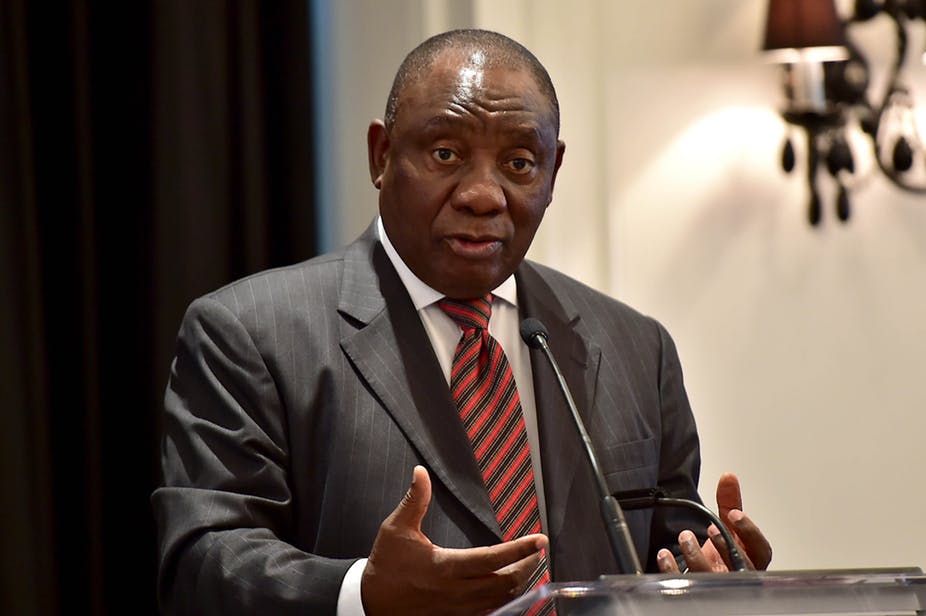News
A Seat Back at the Table: Six Major Foundations Return to South Africa’s National Dialogue

A Seat Back at the Table: Six Major Foundations Return to South Africa’s National Dialogue
In a significant move for collective action, six of South Africa’s most influential philanthropic foundations are preparing to rejoin the formal national dialogue. This decision marks a potential turning point, signaling a renewed commitment to collaboration between the private social investment sector and the government to tackle the country’s most pressing challenges.
After a period of operating on the sidelines, these key players are stepping back into the spotlight, ready to align their resources and expertise with national development priorities. Their return is seen as a crucial vote of confidence in the process and a necessary step for driving large-scale, meaningful change.
Why This Comeback Matters
The re-engagement of these six foundations is a big deal. These organisations are not just check-books; they are repositories of deep expertise, extensive on-the-ground networks, and years of institutional knowledge about what works and what doesn’t in development work. Their return to structured talks with government and civil society means this wealth of experience is being put back into the national strategy.
Their initial withdrawal from the dialogue, though never fully detailed, hinted at frustrations over implementation, bureaucratic hurdles, or a lack of clear direction. Their decision to return suggests that bridges have been built and that there is a renewed sense of purpose and possibility in finding common ground. It indicates that both sides are willing to move past previous sticking points for the greater good.
A Unified Front for a Common Goal
While each foundation has its own specific focus from education and youth development to healthcare and economic empowerment their collective return is a powerful statement. It shows a unified belief that their impact can be magnified through coordination rather than operating in isolated silos.
By rejoining the dialogue, they are effectively agreeing to align their significant resources with national goals. This could mean coordinating funding to avoid duplication of efforts, sharing data and research to inform better policy, and combining their influence to help solve complex, systemic issues like unemployment, inequality, and service delivery. It’s about creating a multiplier effect for social good.
The Road Ahead: Cautious Optimism
The public reaction to this news has been one of cautious optimism. Social development experts and leaders in the non-profit sector have largely welcomed the move, recognising that the scale of South Africa’s problems requires everyone at the table.
However, this optimism is tempered by a healthy dose of realism. The true test will be in the implementation. The foundations will need to navigate the complexities of government partnerships while maintaining their independence and ability to innovate quickly. The government, in turn, will need to create an environment that is receptive to this partnership, ensuring transparency and clear communication.
This reunion is a promising step. It’s an acknowledgement that no single entity can fix South Africa’s challenges alone. It’s a bet on the power of partnership. If successful, this collaborative model could become a blueprint for how a nation can harness all its resources public, private, and philanthropic to build a more inclusive and prosperous future for all its people.
{Source: IOL}
Follow Joburg ETC on Facebook, Twitter , TikTok and Instagram
For more News in Johannesburg, visit joburgetc.com



























